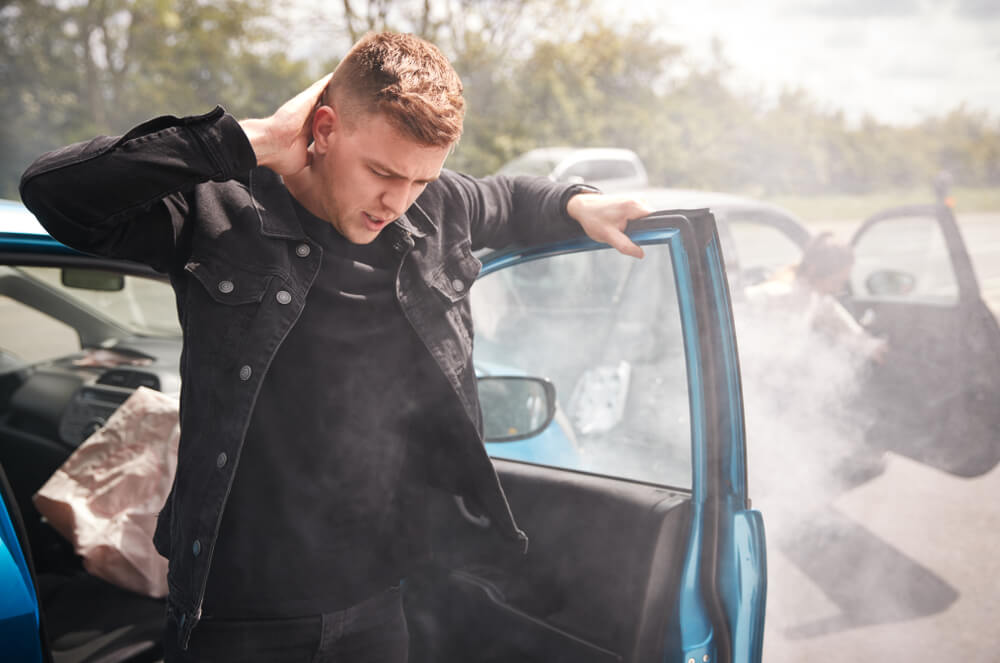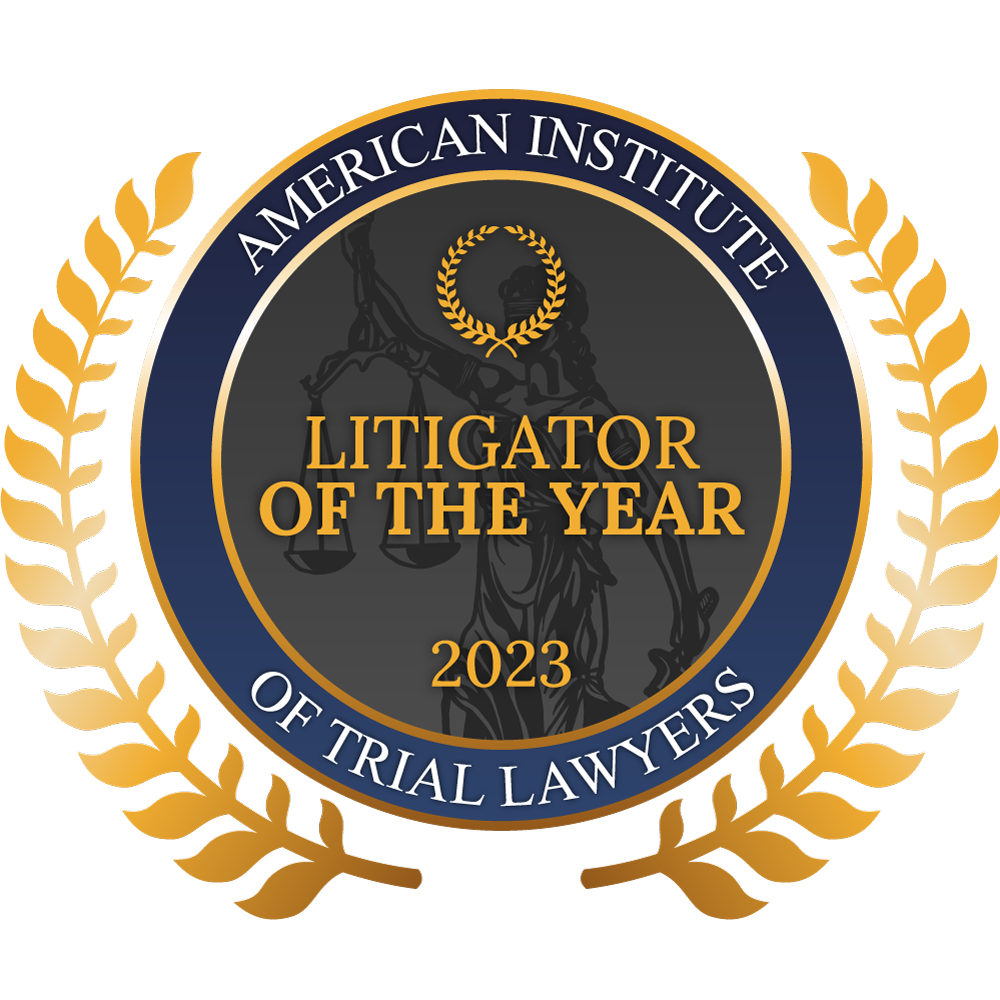
You may hesitate to see a doctor after a car accident for different reasons. You may not feel hurt, you may fear doctors, or you may be worried about the cost of medical care.
At The Wilhite Law Firm, we believe nothing should prevent you from getting medical care after a crash. Even if you feel fine initially, many car accident injuries appear hours or days after the collision. Prompt medical treatment can prevent health complications and generate the medical documentation you need to file an accident claim later. Without the right evidence, you could be denied the compensation you rightfully deserve after a wreck.
Why Should I Immediately Seek Medical Attention?
Seeking timely medical attention after an accident can save your life. Although you may feel fine after a crash, significant injuries can go unnoticed for several hours or even days. As you wait to get medical help, these hidden injuries worsen. Once your symptoms are severe enough for you to notice, your brain, spinal cord, soft tissue, or internal organs may already be significantly damaged.
How Do I Determine If I Should Go to the ER After a Car Accident?
Some injuries must be treated in an emergency room immediately. Car accident victims with uncontrolled bleeding, severe burns, loss of consciousness, broken or exposed bones, or a loss of sensation in arms or legs should immediately go to the nearest emergency department.
Emergency medical personnel can evaluate your injuries and immediately administer the potentially life-saving care you need. Most ERs have helicopter services, on-site MRI, CT scan, and X-ray services, in-facility pharmacy, and access to medical professionals in specialized fields.
Going to the ER may seem excessive if your injuries don’t appear life-threatening. In those cases, you may seek a different clinical setting. Freestanding ERs, 24-hour urgent care facilities, or a next-day appointment with your own physician are also options for seeking medical care following a car accident. But if symptoms arise before your appointment, go to the ER immediately.
Why May I Not Notice a Bodily Injury After an Auto Accident?
There are biological reasons why you may feel fine after a collision. In a car crash, the stress of the incident can flood the body with adrenaline. Adrenaline triggers our fight-or-flight response in dangerous situations. It shuts down non-essential bodily functions so the body itself can focus on self-preservation. The result: you feel stronger, more alert, and able to respond to a threatening situation.
However, adrenaline also limits the transmission of pain signals to the brain. The sudden rush of adrenaline your body experiences after a crash can mask the signs of injury. You may feel fine in the immediate aftermath, but once your adrenaline levels taper off, the symptoms of an injury may begin to manifest.

What Are Some Common Delayed Onset Injuries?
Once your adrenaline levels stabilize, you may have delayed onset pain or other symptoms of a serious injury. Some injuries can take hours, days, or weeks to cause noticeable symptoms.
Some of the most common delayed onset injuries occurring after car accidents include:
- Concussion
- Whiplash
- Soft tissue injuries
- Internal bleeding
- Back and spine pain
- Anxiety and post-traumatic stress disorder (PTSD)
The following signs that may indicate you have a severe injury after a car wreck:
- Pain
- Loss of mobility
- Headache
- Confusion
- Muscle weakness or fatigue
- Numbness or tingling in the extremities
- Intense bruising
- Changing in eating or sleeping patterns
- Behavioral or mood changes
Talk to your doctor right away if you notice these symptoms or other concerning signs of injury.
What Are The Risks of Not Seeing a Doctor After a Car Crash?
Untreated injuries can have serious — even deadly — complications. Without proper treatment, internal bleeding can be fatal. Brain injuries can cause physical and cognitive impairments that may be permanent. Untreated whiplash can result in lasting pain, stiffness, and a lack of mobility. Put simply, you risk death or permanent disability if you do not seek medical treatment after a crash.
You may also risk your opportunity to recover meaningful compensation. Medical records form the foundation of every personal injury claim. They establish the nature of your injuries, offer a glimpse at your prognosis, and help a car accident attorney or insurer estimate the value of your claim. Without proof of an injury linked to the collision, an insurer can and likely will deny your claim. That means you may be financially responsible for all costs associated with your medical care when you finally seek treatment.
What is the Colorado Statute of Limitations for a Car Accident Injury Lawsuit?
The statute of limitations for a car accident injury lawsuit in Colorado is three years. Please do not delay in contacting us about your lawsuit. If you do not file your lawsuit before the three year deadline expires, you will have lost your opportunity to have your case heard in court.
Visit Our Car Accident Injury Law Offices in Denver, CO
Contact Our Colorado Car Accident Lawyers Today
At The Wilhite Law Firm, we understand seeking medical treatment after a car accident may seem unnecessary. But what you don’t know can hurt you. Getting immediate medical attention is crucial to your health and wellbeing. Prompt medical attention can also be critical to building a compelling case for financial compensation. Denver car accident lawyer.
If a negligent driver injured you in a Colorado car accident, seek help from the skilled accident attorneys at The Wilhite Law Firm today. We can help you get the medical treatment you need and begin the process of building a powerful claim for compensation. Call or contact us today for a free case review.























